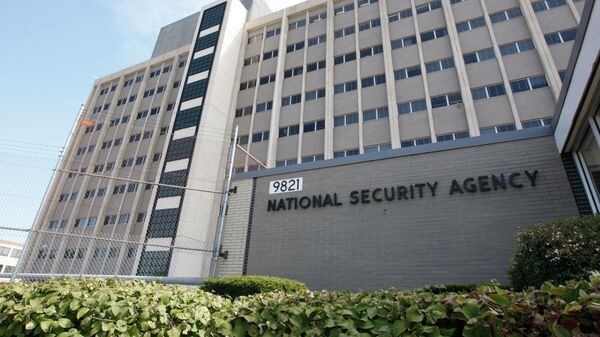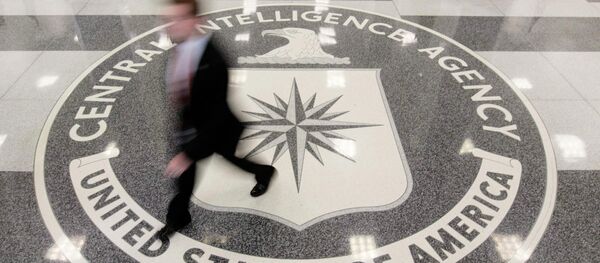WASHINGTON (Sputnik) — The USA Freedom Act attempts to make the US "secret" Foreign Intelligence Surveillance Court (FISA) more transparent in addition to limiting the type of bulk collection of metadata the National Security Agency (NSA) was allowed to do under the Patriot Act, legal experts told Sputnik.
"The USA Freedom Act attempts to add oversight and a bit of transparency to the ‘secret’ [FISA] courts that deal with the surveillance of foreign individuals," Chicago-Kent College of Law Legal Fellow Adam Rouse said on Wednesday.
On Tuesday, US President Barack Obama signed into law the USA Freedom Act, a replacement for the George W. Bush-era Patriot Act that allowed the mass surveillance of regular US citizens. The legislation has limited but has not entirely barred intelligence agencies from bulk data collection.
"Traditionally, the FISA courts met in secret, issued orders in secret, and placed court documents under seal," Rouse explained. "Attempting to get information or determine what decisions were being made at FISA courts was very difficult, if not impossible."
The primary thrust of the USA Freedom Act, Berman noted, was to eliminate bulk collection of information including phone records.
"So the new statute bars the type of bulk collection program the NSA was running under section 215 of the PATRIOT Act," Berman said. "The new law makes very clear that bulk collection authority is limited."
Rouse explained that, according to the USA Freedom Act, in order for the NSA to procure bulk metadata they need to go to a federal court and at least show probable cause as to why they want the information.
"Requiring warrants to procure metadata is a big step forward in ensuring that the government agencies responsible for the analysis of metadata are acting within the Constitution," Rouse said.
Critics contend that although the new law will end the bulk collection of phone records, it would still allow the NSA to collect targeted information about certain individuals, if granted permission to do so by a federal court.
In 2013, NSA whistleblower Edward Snowden revealed the US government’s vast domestic spying infrastructure. According to documents leaked by Snowden, the NSA enlisted private telecom providers to hand over vast amounts of their customers’ data under the Stellar Wind program.



